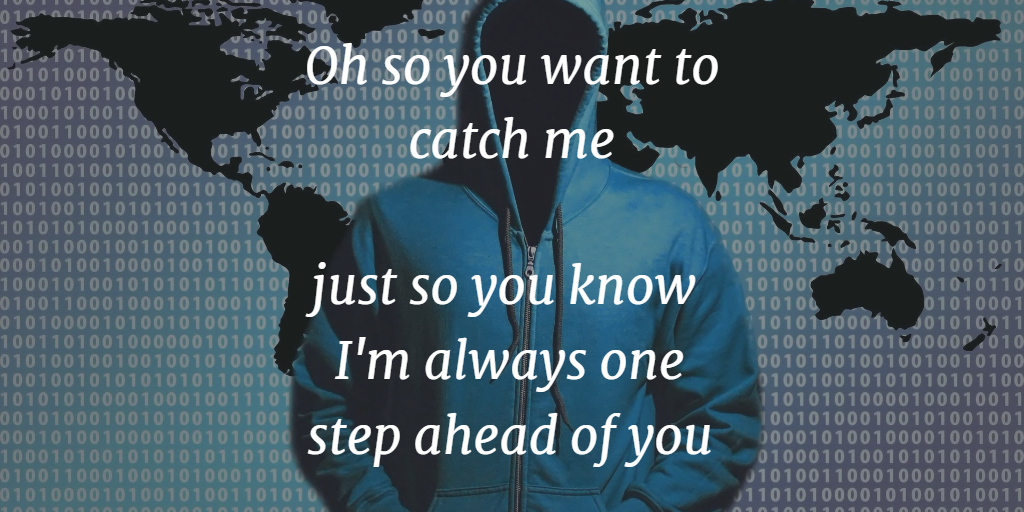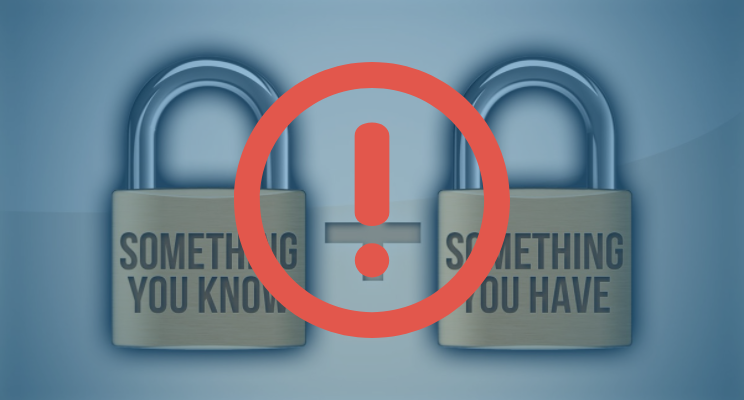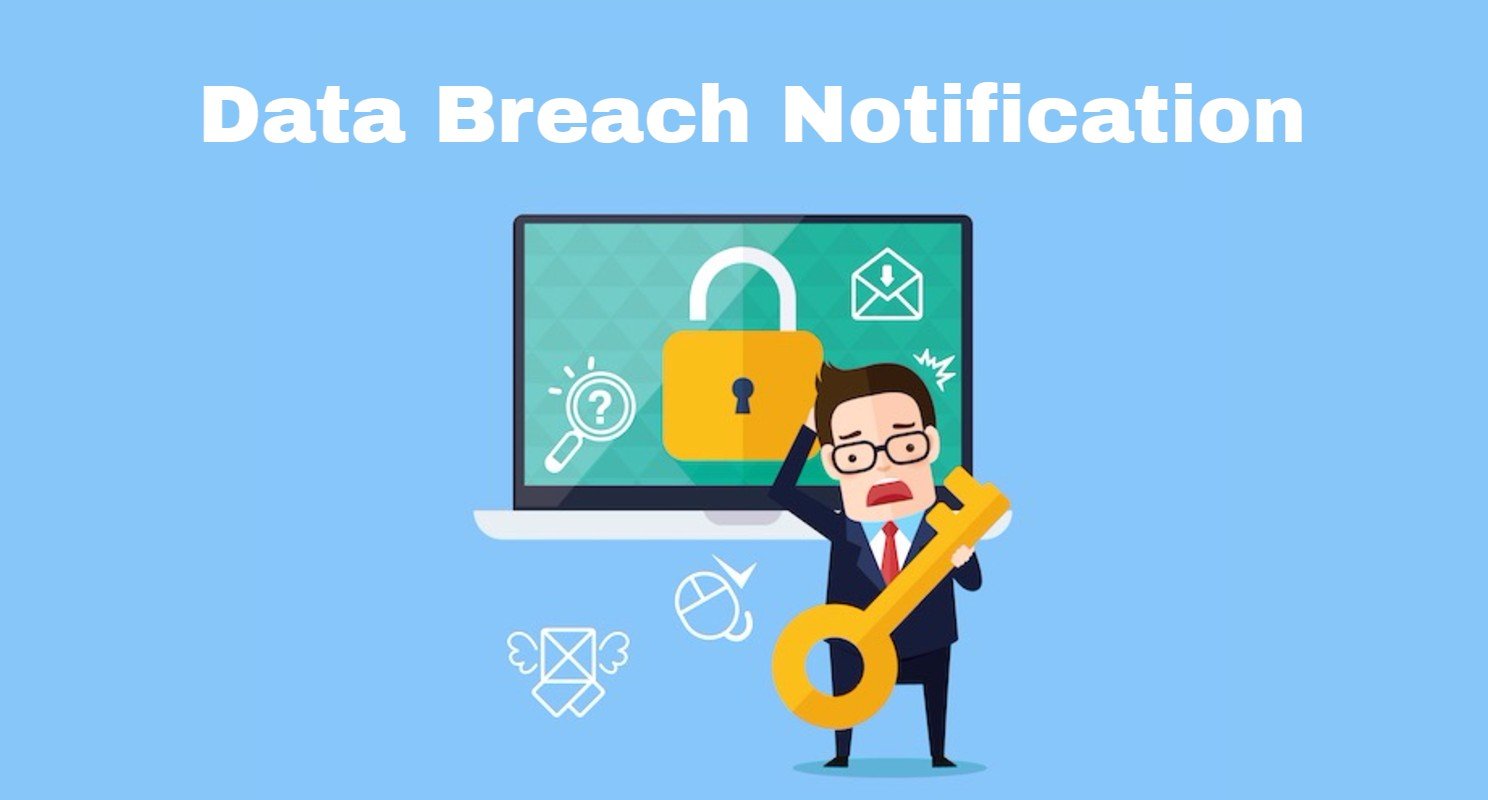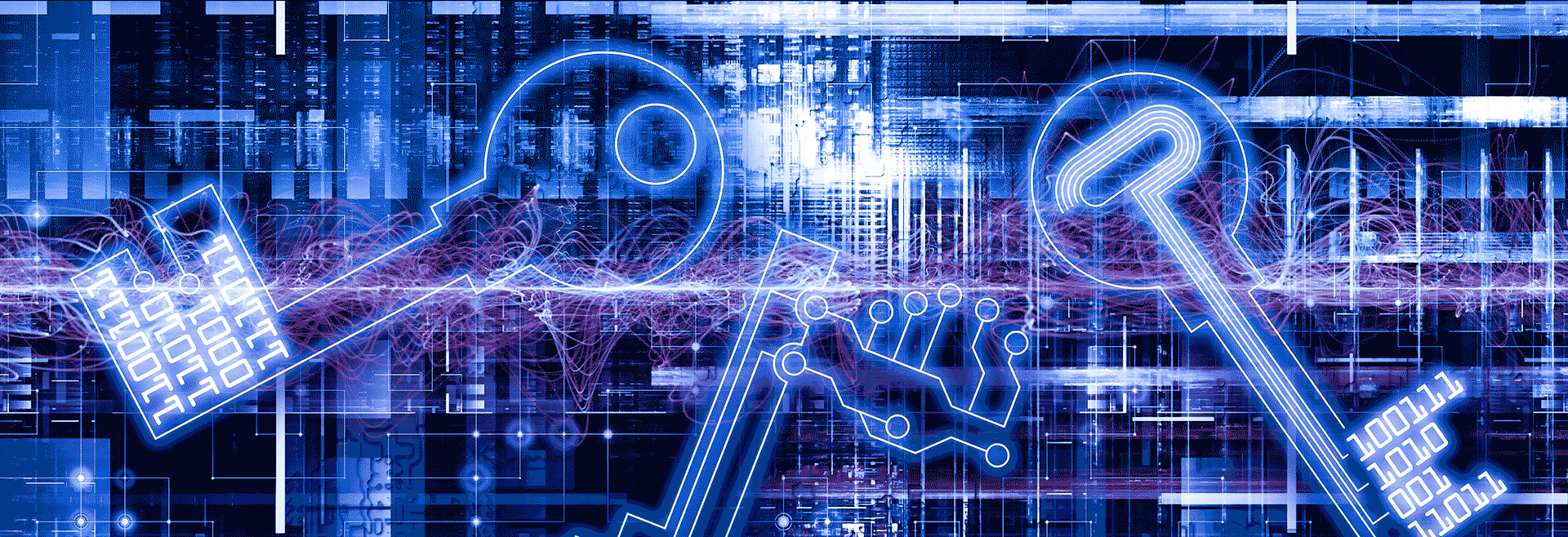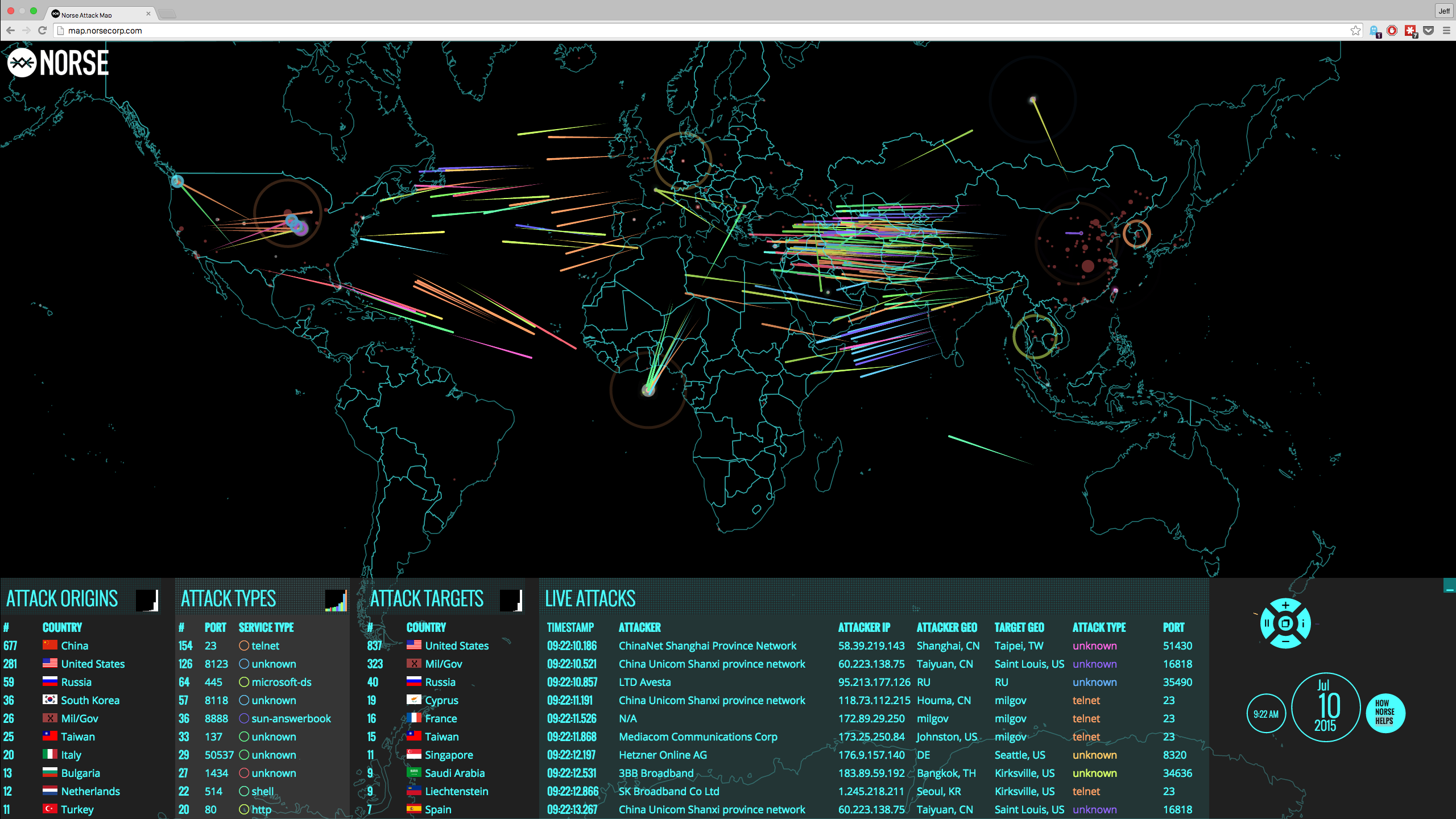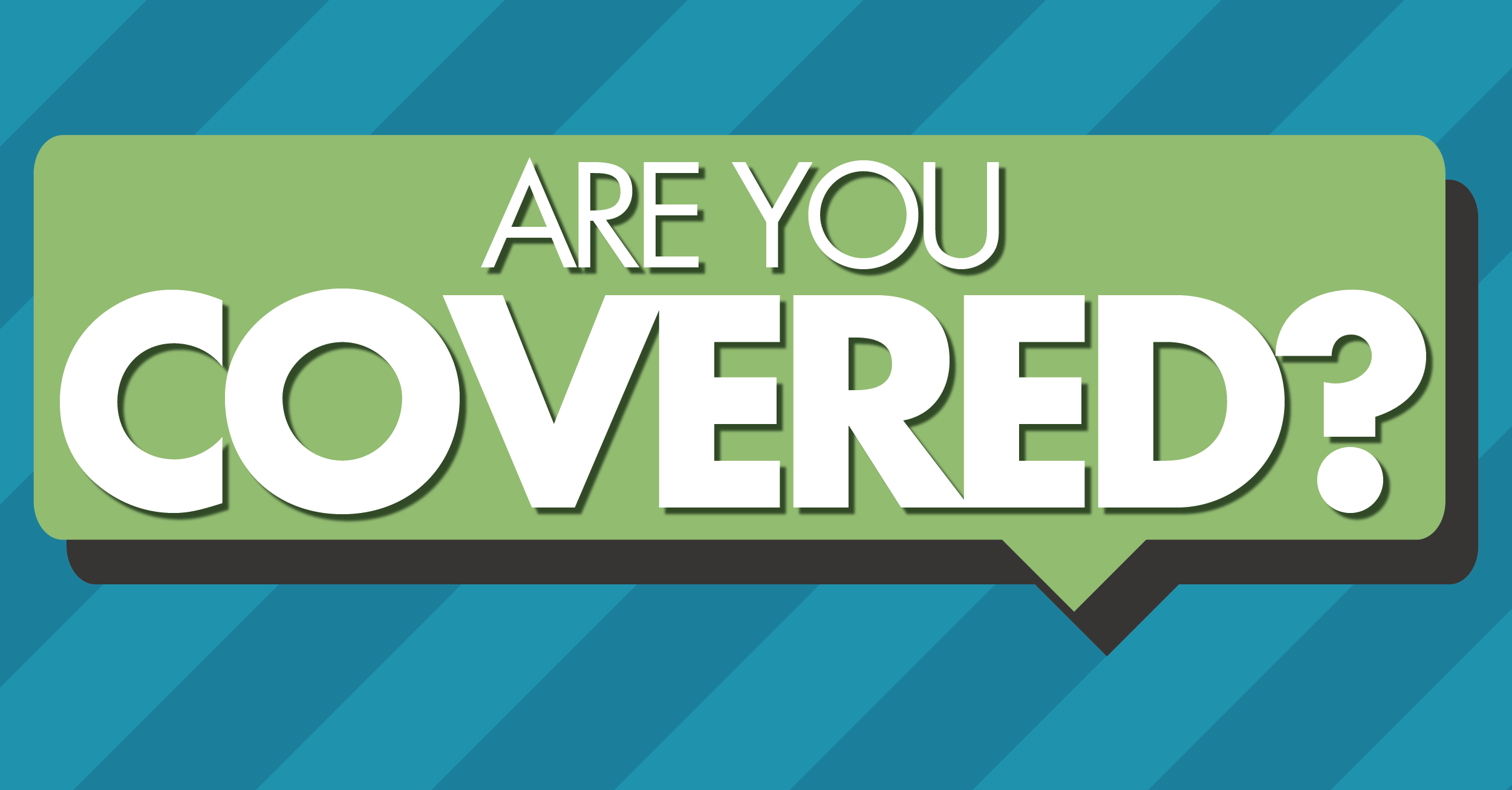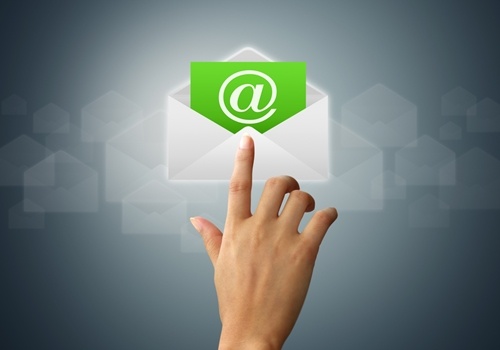 Email is one of the most critical business tools and a major component of the lives of many people. At the same time, it seems to lack adequate security as the Clinton campaign email leaks and the publication of France’s Macron emails have shown. Email is at the same time insecure but used to share important and often sensitive information.
Email is one of the most critical business tools and a major component of the lives of many people. At the same time, it seems to lack adequate security as the Clinton campaign email leaks and the publication of France’s Macron emails have shown. Email is at the same time insecure but used to share important and often sensitive information.
While companies encrypt sensitive data, work on their perimeter protection and worry about personal data in the cloud, you don’t hear much about email encryption. This may be partly because email has a reputation of being hard to encrypt. You’ve heard that you have to download and install complicated email encryption applications, worry about keys, and even then the email may be shown in clear text if it is decrypted at a gateway or at an email server.
Protection Against Identity Theft
Even if you think you don’t send sensitive information via email, because it’s not secure after all, most people use email to exchange opinions, purchase details, travel plans, family matters and other private information. Separately, these bits of data don’t mean anything, but when taken together with other publicly available personal information, third parties can assemble a detailed profile of your family, your preferences, your activities and your future plans.
Essentially such data mining can be as pervasive as if someone is actually reading all your emails. They could use the information to call up your bank or credit card company and successfully pretend to be you because they know all about you. They could also hijack your email and social media accounts by guessing the answers to security questions and they could use your accounts to get access to even more private information. Eventually they could steal your identity and cause all kinds of problems for you.
These are not hypothetical issues. You may already notice that the ads you see on websites change according to what sites you visit. Cloud service providers scan emails to show you ads. Other people may be able to read your emails as well. Email encryption keeps you secure by preventing others from seeing a lot of your personal information.
Civil Liberties
Since the Edward Snowden revelations, we know that governments regularly force email service providers to hand over access to email accounts. It sounds innocuous but maybe you are against pipelines or don’t like an elected official. Maybe you have firm opinions on foreign wars or immigration. Based on certain key words that you might easily use, your email account could come under surveillance. And even if there is nothing suspicious there, government agencies might mistake something you say, a joke or an exaggeration, and take further action.
This assumes you actually don’t act on any of your opinions. If you do, for example by engaging in legal protest, you can’t get organized without government agencies knowing all about your plans. Effective legal protest is difficult when the target of your protest knows what you are going to do before you do anything.
If instead of protesting, you uncover government corruption, your whistleblower career is likely to be cut short if the corrupt individuals find out what you intend to do. If you value your civil liberties, even hypothetically, encrypting your email is a good place to make sure you keep them.
Absolute End-to-End Encryption
With new encryption technology, End-to-End Encryption for emails is easy and transparent. The email stays illegible from the time you type it to the time your authorized recipient reads it. This prevents criminal hackers from finding out enough about you to create a useful profile and it keeps government agencies from learning about your private affairs. Encrypting your emails helps ensure that you keep personal matters, details and opinions private and increases your overall security by making certain third parties can’t use information from your emails against you.
This technology allows you to fully control who has access to your emails. If you send an email to a trusted recipient and find out that the account is compromised, you can remove your authorization and nobody will be able to read your email. If you mistakenly send a confidential email to a new account, nobody there can read it because you haven’t given them your authorization.
Until you authorize a specific email recipient to read your email, nobody, not the government, not your local tech person, not your system administrator nor people at your cloud service provider will be able to read your emails. You retain full end-to-end control.
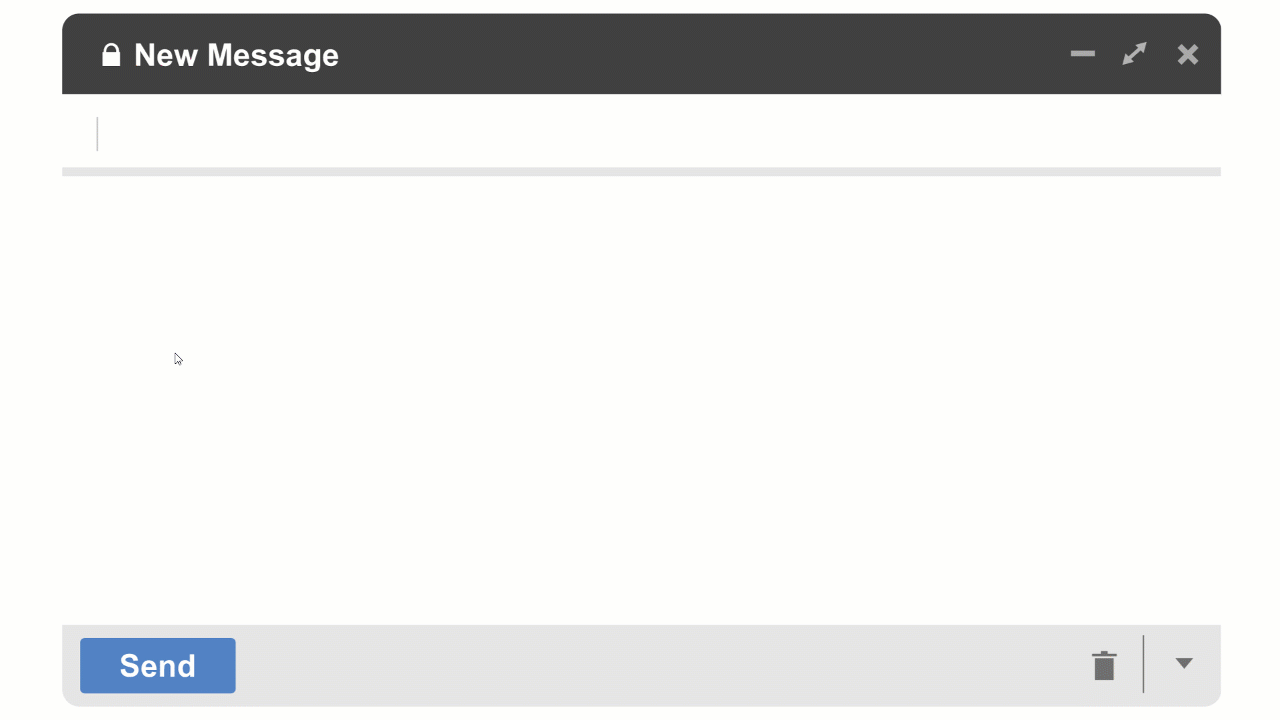
With CloudMask, only your authorized parties can decrypt and see your data. Not hackers with your valid password, Not Cloud Providers, Not Government Agencies, and Not even CloudMask can see your protected data. Twenty-six government cybersecurity agencies around the world back these claims.
Watch our video and demo at www.vimeo.com/cloudmask
Share this article:

